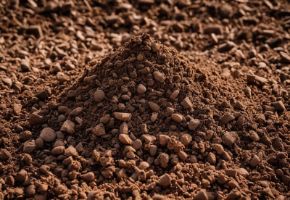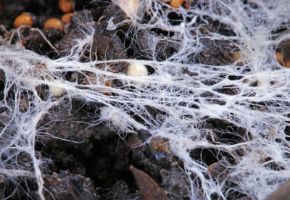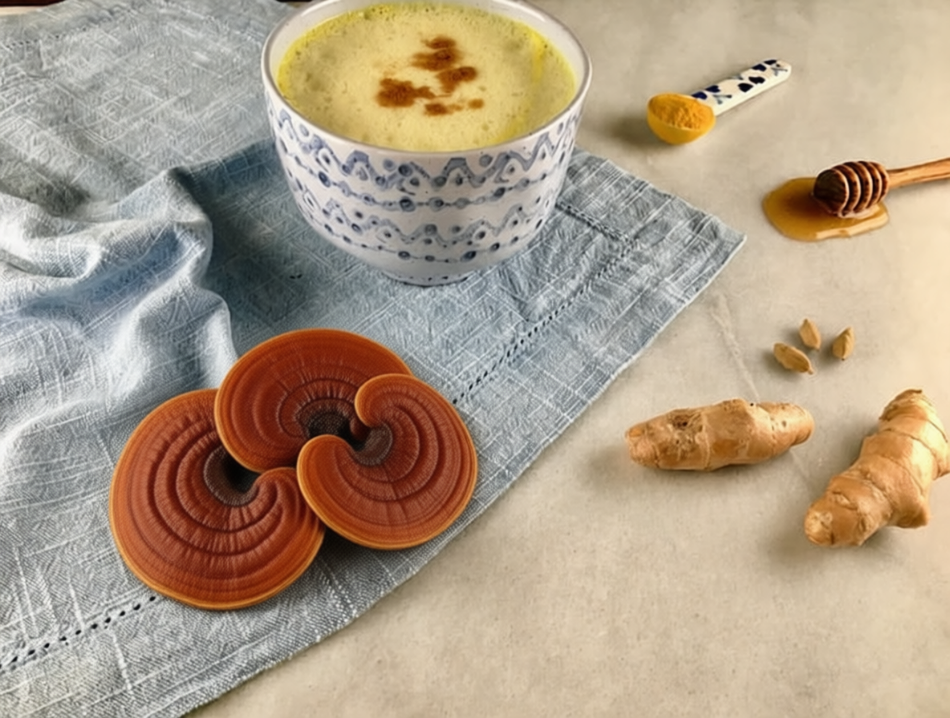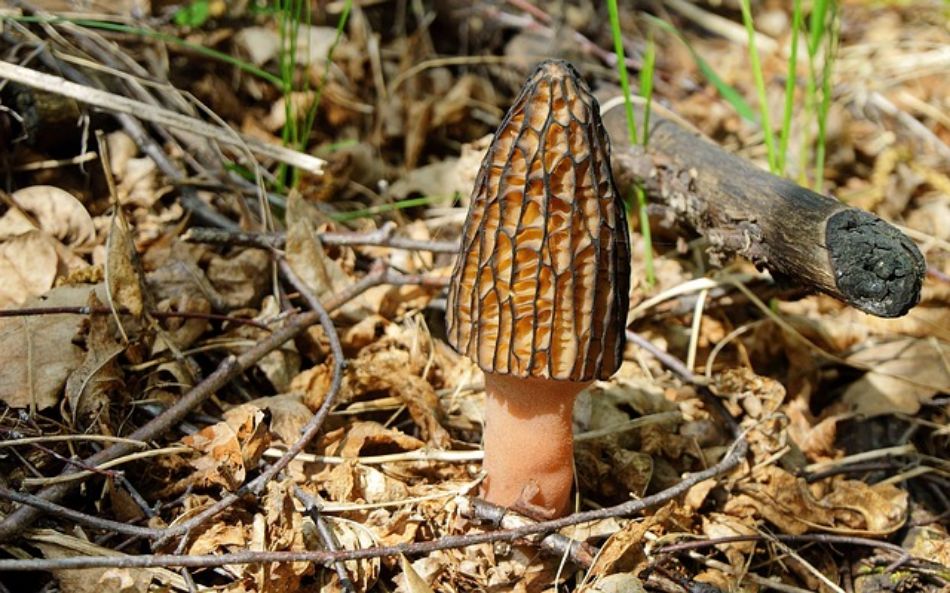In an era where attention to low glycemic indexes, metabolic health, and mindful nutrition is reaching unprecedented levels, the world of mushrooms presents itself as a still partially unexplored universe, rich in potential for well-being. This article aims to analyze in depth the characteristics that make mushrooms such an extraordinary food, focusing in particular on their low glycemic index and exceptional nutritional profile. Through scientific data, up-to-date research, and detailed tables, we will explore why regularly incorporating mushrooms into the diet can be a beneficial choice for anyone seeking a healthy and mindful diet. Mycology applied to human nutrition offers fascinating perspectives that deserve to be explored and appreciated.
Welcome to a sensory journey to discover one of the most promising beverages in the natural wellness landscape. The so-called "golden milk," an ancient Ayurvedic preparation, meets the age-old wisdom of mycotherapy, merging with the Reishi mushroom, the "mushroom of immortality." This article aims to explore every aspect of this preparation, from its historical roots to the most modern scientific studies, including detailed analyses of its components, comparative tables, a proven recipe, and considerations for home cultivation of its key ingredients.
In the vast and fascinating kingdom of mushrooms, there are species that are not only delicious culinary ingredients, but also true powerhouses of well-being, capable of interacting with our deepest physiological processes. Among these, Morchella conica, a mushroom with an unmistakable sponge-like appearance, is emerging, in light of the latest scientific research, as one of the most valuable and potent natural sources of glutathione, a molecule essential for liver health and longevity. This article aims to explore, in extremely detailed and well-documented detail, the symbiotic relationship between this mysterious mushroom and our most important excretory organ, dissecting mechanisms of action, quantitative data, clinical studies, and potential applications in the fields of integrative medicine and mycotherapy.











